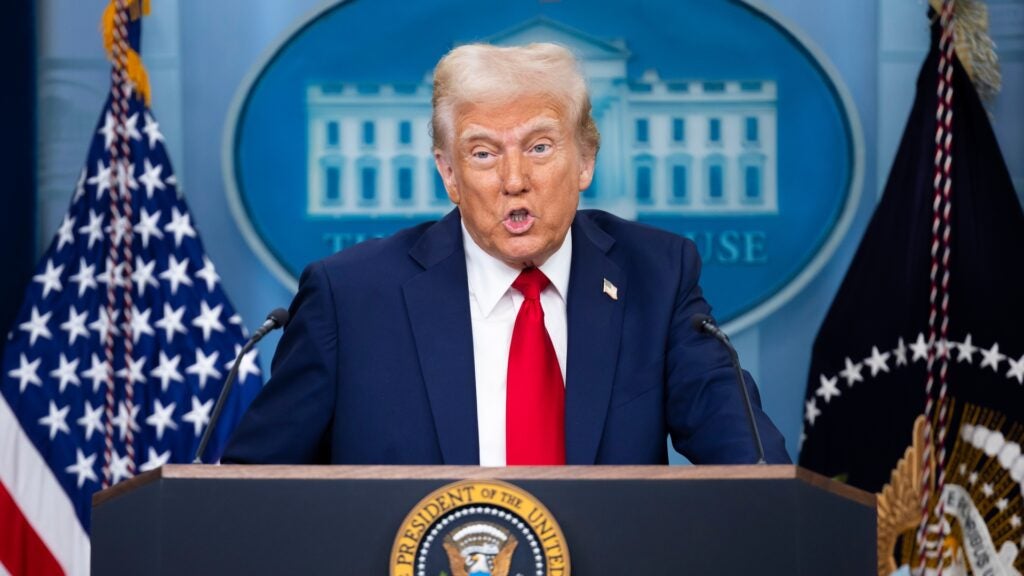
After the Congressional Budget Office (CBO) released its estimates for the distributional effects of the One Big Beautiful Bill Act, this economist questioned the Donald Trump administration about the inflating deficit and its inclination toward catering to the wealthiest Americans.
What Happened: The CBO documents highlighted that tax changes, including extending provisions of the 2017 tax act, would lead to an increase in the federal deficit by $3.8 trillion.
Meanwhile, it also underscored a $698 billion reduction in federal subsidies from changes to the Medicaid program and $267 billion less in federal spending for the Supplemental Nutrition Assistance Program (SNAP).
The document also stated, “Household resources would decrease by an amount equal to about 2 percent of income in the lowest decile (tenth) of the income distribution in 2027 and 4 percent in 2033, mainly as a result of losses of in-kind transfers, such as Medicaid and SNAP.”
On the other hand, resources would increase by an amount equal to 4% for households in the highest decile in 2027 and 2% in 2033, mainly because of “reductions in the taxes they owe.”
Craig Shapiro, the macro strategist at the Bear Traps Report, pointed this out and said that the proposed bill will “explode the deficit while enriching the highest decile of Americans at the expense of the lowest decile.”
“Another opportunity squandered and further proof that the Republican Party continues to cater to the wealthiest Americans time and time again,” he added.
Why It Matters: Meanwhile, economist Peter Schiff also chimed in with his opinions, stating that the tax cuts just boost GDP at the “expense of larger budget and trade deficits and higher inflation, and long-term interest rates.”
After being stalled by some Republican hard-liners on Friday, President Trump’s One Big Beautiful Bill Act was advanced by the House Budget Committee in a 17-16 party-line vote late Sunday night, with four Republicans voting present.
The Rules Committee will meet midweek to prepare for a floor vote by the end of the week.
Price Action: Here is the list of publicly listed losers and winners if the said bill is passed.
The SPDR S&P 500 ETF Trust SPY and Invesco QQQ Trust ETF QQQ, which track the S&P 500 index and Nasdaq 100 index, respectively, fell on Tuesday. The SPY was down 0.34% to $592.85, while the QQQ declined 0.33% to $520.27, according to Benzinga Pro data.
Read Next:
Photo courtesy: Shutterstock
